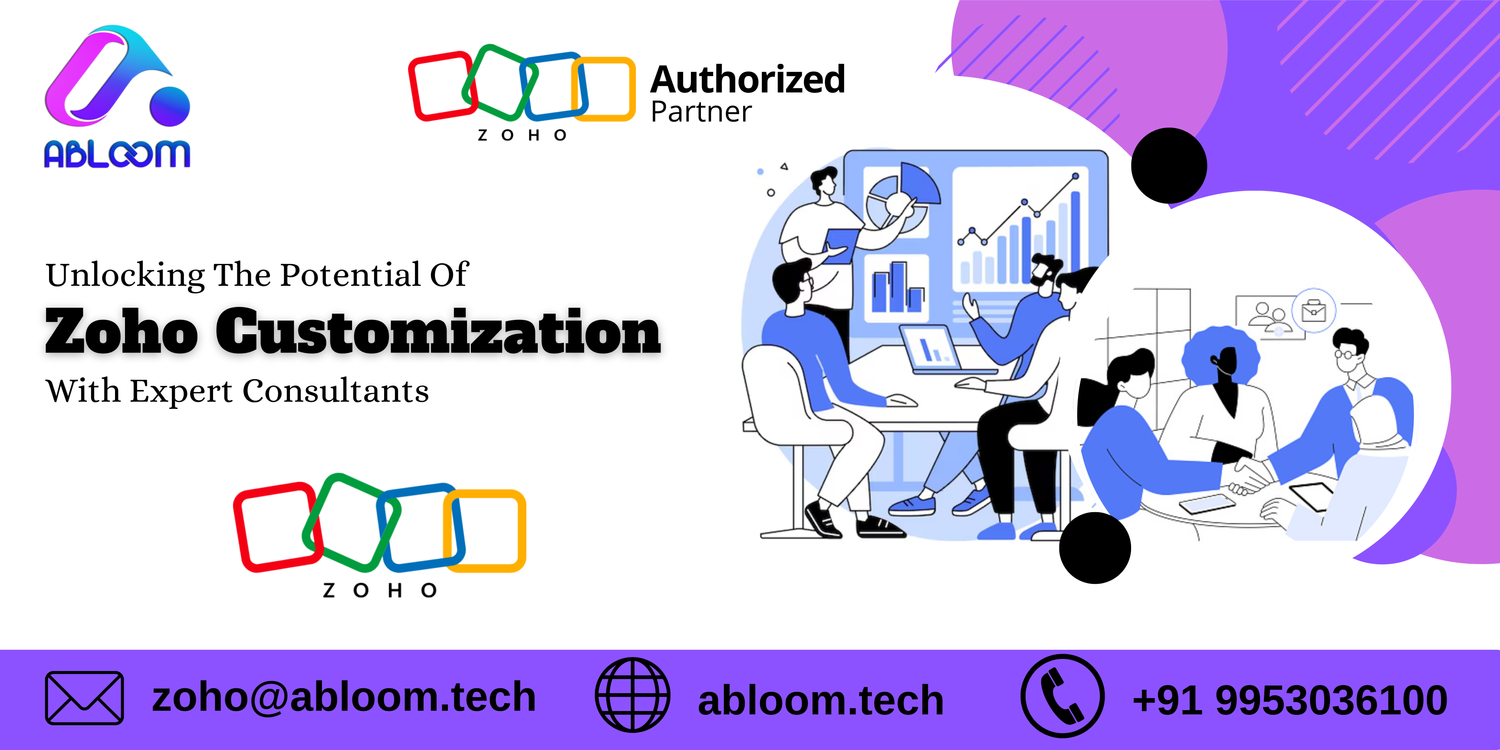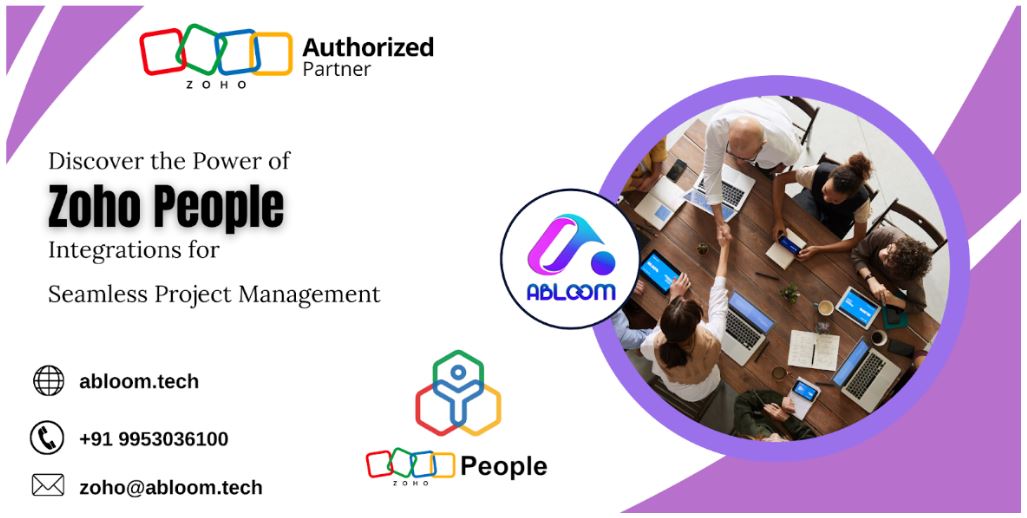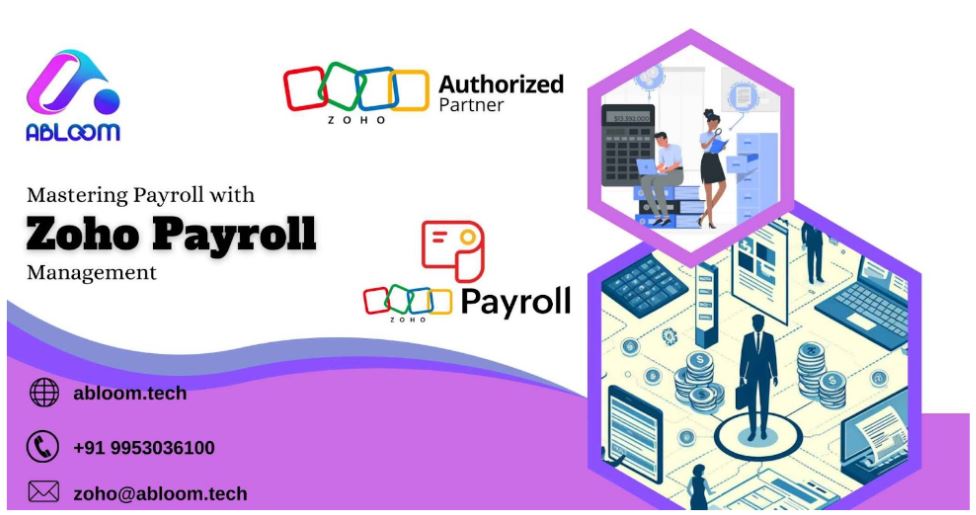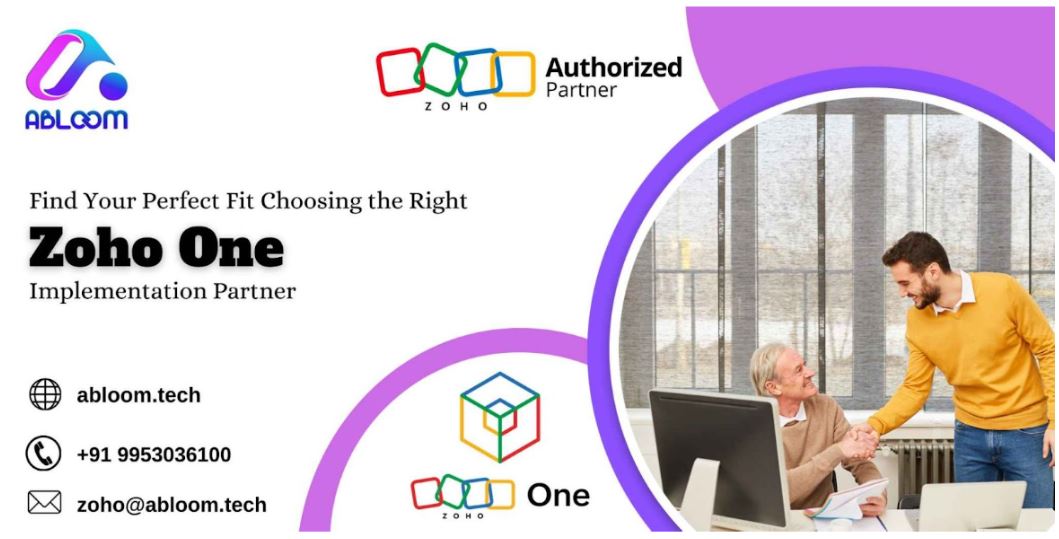When it comes to business software solutions, customization is king since businesses want their tools to be customized to meet their specific requirements and work processes. Within the expansive ecosystem of Zoho applications, customization plays a vital role in unlocking the full potential of these powerful tools. This is where Zoho Consultants come into play, bringing an artistic touch to the process of tailoring solutions to fit unique business requirements.
Understanding Zoho Customization
Zoho offers a diverse range of applications designed to streamline various business processes, from customer relationship management (CRM) to project management, marketing automation, and beyond. While these applications come with a robust set of features out of the box, businesses often require additional customization to align them with their specific workflows, industry requirements, and unique business objectives.
Tailoring Solutions to Fit
This is where the art of Zoho customization comes into play. Zoho Consultants have a deep understanding of the intricacies of Zoho applications and leverage their expertise to tailor solutions that fit like a glove. Whether it’s customizing fields, modules, workflows, or reports, these experts work closely with businesses to understand their requirements and design solutions that meet their exact specifications.
Embracing Creativity
Customization within Zoho applications is not just about ticking boxes and filling in forms—it’s a creative process that requires imagination, creativity, and out-of-the-box thinking. Zoho Certified Consultant approach customization as an art form, using their creativity to design solutions that not only meet functional requirements but also enhance usability, efficiency, and user experience.
Optimizing Workflows
One of the primary objectives of Zoho customization is to optimize workflows and streamline processes. Consultants analyze existing workflows within businesses and identify areas where automation, customization, or integration can improve efficiency and productivity. By optimizing workflows, businesses can eliminate manual tasks, reduce errors, and accelerate the pace of their operations.
Enhancing User Adoption
User adoption is key to the success of any software implementation, and Zoho Consultants understand the importance of creating user-friendly solutions that connect with end-users. Through thoughtful customization, consultants design interfaces that are attentive, easy to navigate, and aligned with the way users work. This enhances user adoption and ensures that employees embrace the new tools with enthusiasm.
Driving Innovation
Innovation is at the heart of Zoho customization, with Consultants constantly pushing the boundaries to deliver innovative solutions that drive business growth. Whether it’s leveraging advanced features within Zoho applications, integrating with third-party tools, or developing custom solutions from scratch, Consultants are at the center of driving innovation within the Zoho ecosystem.
What are some advanced customization techniques or strategies that Zoho Consultants employ to create highly tailored solutions for businesses with complex needs or workflows?
Custom Module Development: Consultants can develop custom modules within Zoho applications to address unique data requirements or business processes that are not adequately supported by standard modules. Custom modules allow businesses to capture and manage specialized data fields, relationships, and workflows tailored to their specific needs.
Workflow Automation: Consultants utilize advanced workflow automation features within Zoho applications to streamline and optimize complex business processes. This may involve designing multi-step workflows with conditional logic, approvals, escalations, and notifications to automate repetitive tasks and ensure consistent execution of processes.
Integration with Third-Party Systems: Consultants integrate Zoho applications with third-party systems, databases, or APIs to create seamless data flows and connection between different systems. Integration allows businesses to leverage existing investments in other software tools and ensure that data is synchronized and accessible across the organization.






